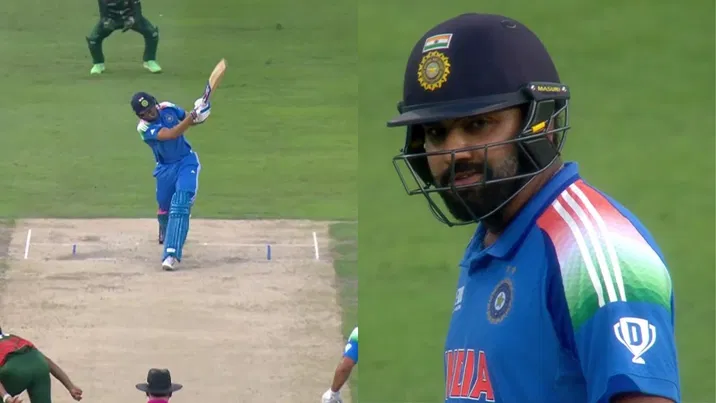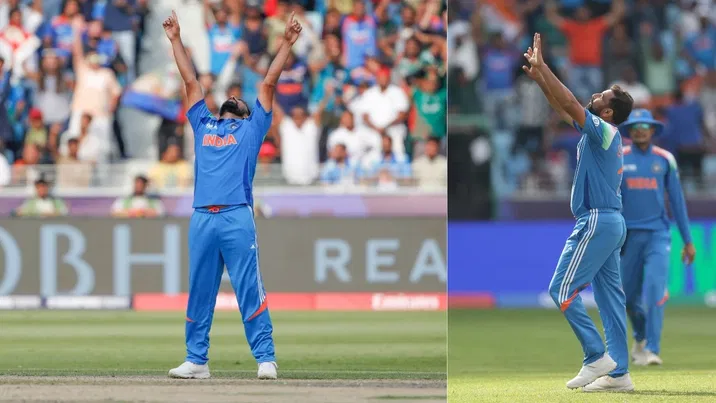
(Getty Images)
Bangladesh’s new captain, Najmul Hossain Shanto, believes that their lackluster T20 World Cup performance can only improve if they have better pitches at home. Bangladesh has participated in all T20 World Cups since its inception in 2007 but has never advanced to the knockout stage. Najmul, who took over as captain across all formats in February at the age of 25, succeeding Shakib Al Hasan, attributes their struggles to pitches in Bangladesh that are not conducive to high-scoring matches commonly seen in T20 cricket elsewhere.
“First of all, we have to play on good wickets,” he said. “Some people can take it as an excuse, but it is really a fact that we play very few matches on a good wicket.”
Bangladeshi pitches are renowned for hosting matches with low scores. Interestingly, only one player in their World Cup squad, the top-order batsman Towhid Hridoy, boasts a T20 international strike rate exceeding 130.
“It is difficult to change things in six months. If we continue on a good wicket for one or two years, then these strike-rates will improve,” said Najmul.
Despite being ranked ninth, Bangladesh has shown signs of progress in T20 cricket, securing series victories at home against formidable opponents like Australia, England, and New Zealand in recent years. However, there have been setbacks, as evidenced by their recent 2-1 loss to the USA in a three-match warm-up series held in Houston.
“We have won a few series and we have won against big teams,” Najmul said before the USA series. “The confidence of the team is in a good position.
“The matches we have played recently, if we can be like that in the World Cup, if we can take the decisions properly, if we can execute our plans, then it is possible to do something good.”
‘Giving their best’
The upcoming T20 World Cup, commencing on June 1 in the United States and the West Indies, may mark the final chapter for some of Bangladesh’s most influential players. Najmul’s predecessor, Shakib, who remains the top-ranked T20 all-rounder, made a brief appearance in this month’s home series against Zimbabwe after almost a year without playing a T20 international. Shakib, aged 37, was elected to Bangladesh’s parliament in January and seems poised to retire from international cricket soon, alongside fellow all-rounder Mahmudullah Riyad, aged 38.
“Of course, I want them to play in the World Cup, giving their best,” Najmul said.
“It is their decision when they will end their careers. As a captain, I would like them to share their experience with every player.”
Bangladesh faces a tough challenge in their group, contending with strong opponents like South Africa and Sri Lanka, as well as Nepal and the Netherlands, who are participating in only their second T20 World Cup. Their campaign begins in Dallas on June 7 against Sri Lanka, with whom Najmul’s team has developed a heated rivalry since last year’s ODI World Cup. Tensions escalated during a match in India when Sri Lanka’s Angelo Mathews became the first batsman ever to be timed out in international cricket. The dispute resurfaced during Sri Lanka’s tour of Bangladesh in March, where they celebrated their T20 series victory by gesturing to imaginary watches on their wrists. This prompted Najmul to accuse them of not letting go of the Mathews incident.
“We have already moved on,” he told AFP when asked about any lingering ill-will.
“From the day the incident happened, we did not do anything that would make us think about it. I can’t say much about them. But as a team, we are focusing on our own game.”




